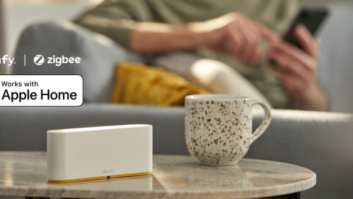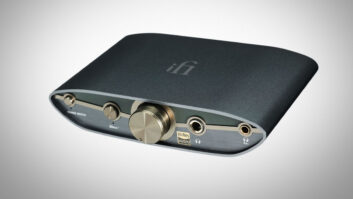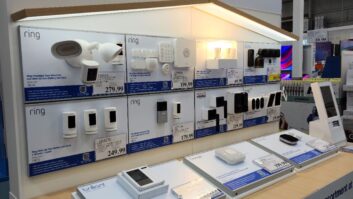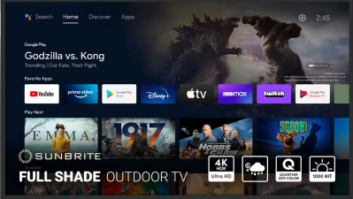The emerging technology category known as the Internet of Things, and the smart home in particular, are poised to become the Next Big Market.
While Juniper Research predicts smart-home revenues will reach $71 billion by 2018, the technology has yet to truly reach the mass market consumer. Companies like Nest have received a lot of buzz, but the vast majority of consumers are still confused or intimidated by the lifestyle and peace-of-mind benefits a connected home has to offer, and have not incorporated these new devices into their homes or day-to-day lives.
How will the connected home move from the tech tinkerers and early adopters to reach the mainstream? Past history suggests that the driving force behind mass adoption will come from big brands that consumers already know and trust. Rather than trying to build their own consumer brand — a risky and expensive proposition — start-ups and emerging technology companies can succeed by identifying ways to work with, and bolster the efforts of, large, established companies that will most likely define the market.
Here are three reasons why the connected-home era will come to be defined by big brands.
1. Business Models
With the significant hype surrounding the Internet of Things and the smart home, there are a lot of companies approaching the market in traditional start-up mode: build it and the revenue will come later. This is hard when you’re talking about a hardware business because of the enormous costs associated with manufacturing and managing the supply chain.
Rather than attempting to build a consumer brand from scratch, a more strategic and cost-effective approach is to partner with existing brands to leverage the customer relationships that come with established consumer distribution channels.
2. Consumer Trust
As the connected-home market continues to heat up, security and hacking have rightfully been getting a lot of attention. Of particular concern are start-ups that are under pressure to get to market as quickly as possible. Start-ups trying to create their own consumer brand often get in trouble with sensitive consumer information and access because they often cut corners to save resources and get to market quicker.
On top of that, they do not have a large company with a valued consumer brand validating their solution. You often hear talk about “bank-level security,” but this means nothing unless companies are taking the proper precautions to secure servers, conduct penetration testing and the like. There are also a range of important questions that need to be addressed if a start-up goes out of business, including what happens to its source code and stored data.
Large enterprises, on the other hand, are better equipped to protect the privacy concerns of their customers. These multibillion dollar companies must take security very seriously — they deal with millions of pieces of corporate and customer data — and they undertake extremely rigorous privacy and security audits before introducing a solution to the market.
3. Quality
The fundamental challenge facing all companies jockeying for position in the connected-home space is how to cohesively tie all of the available wireless protocols and devices together in a central system that works seamlessly for the end user. Additionally, the industry needs someone to referee these interactions to make sure different devices and protocols effectively work together. This is no easy task and will require a lot of overhead.
The quality of this consumer experience will be driven by major retailers, service providers, integrators and consumer electronics OEMs that already have deep, existing consumer relationships and a history of bringing complex products to market. The influence large companies already have is critical to achieving the end goal of delivering a connected home that truly benefits the consumer.
Mike Harris is CEO of Zonoff, which provides a comprehensive “connected-home” platform to CE manufacturers, system integrators, service providers and retailers including Staples.












